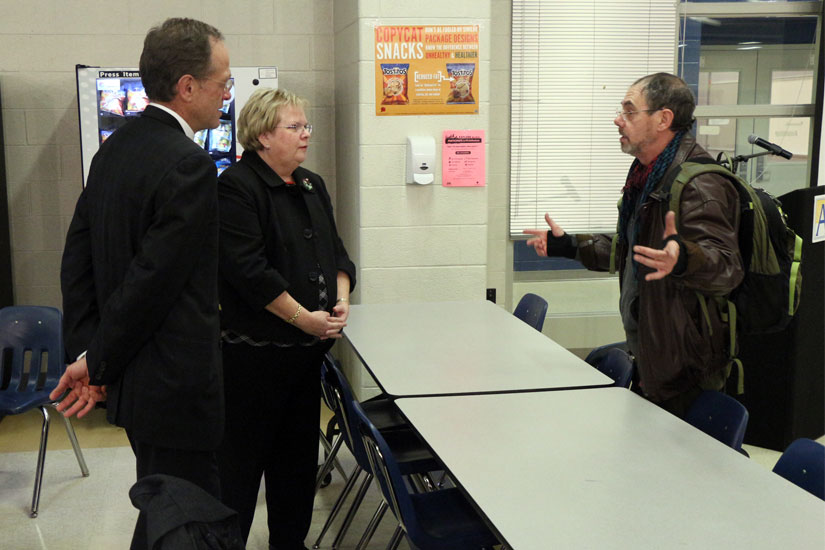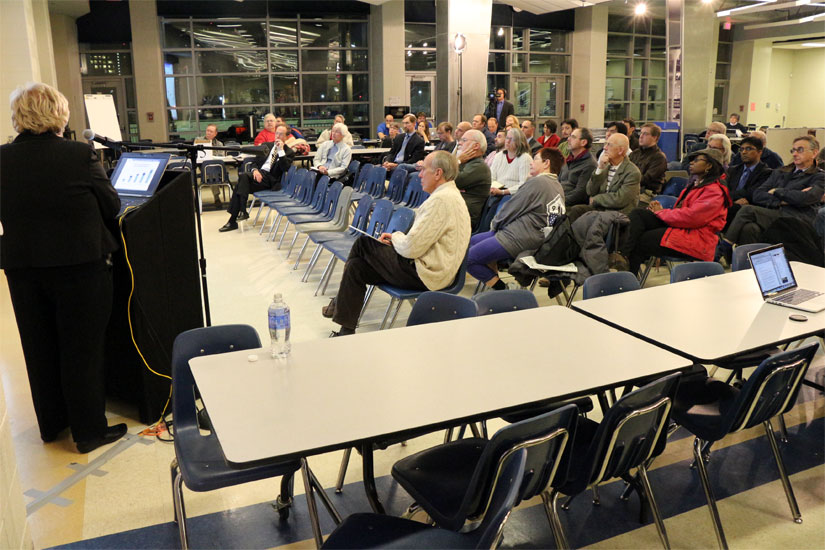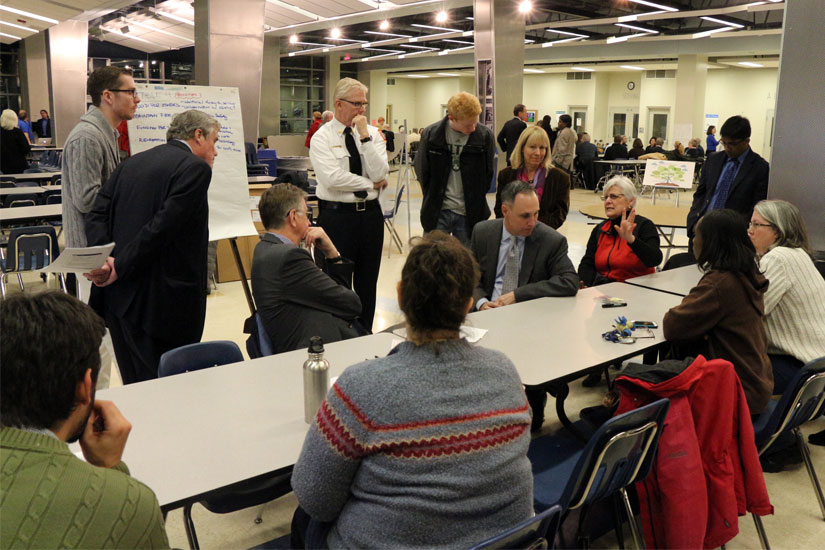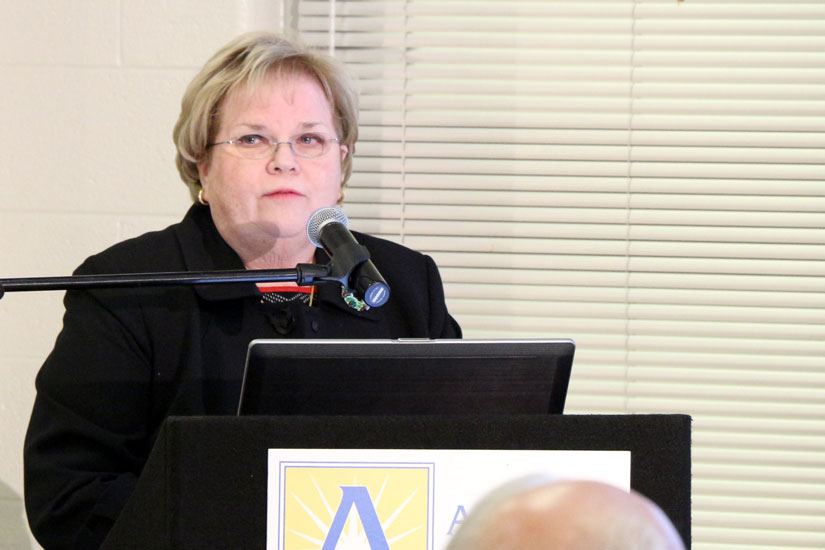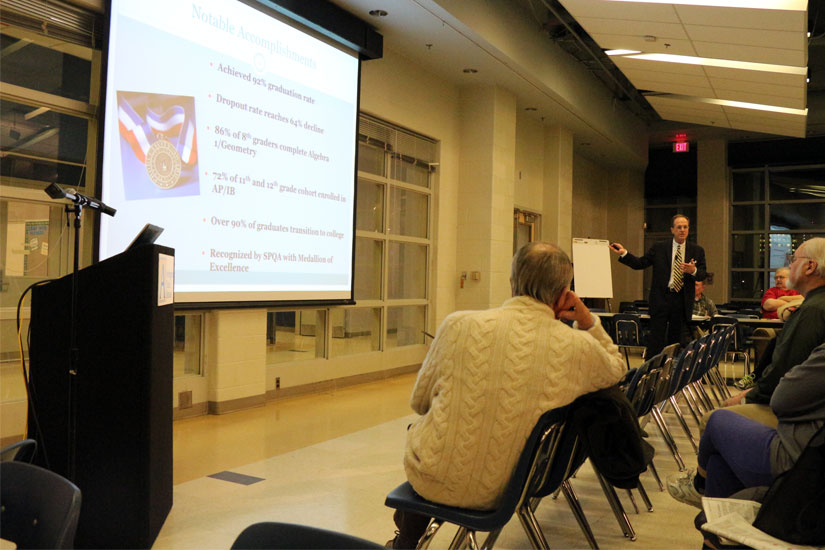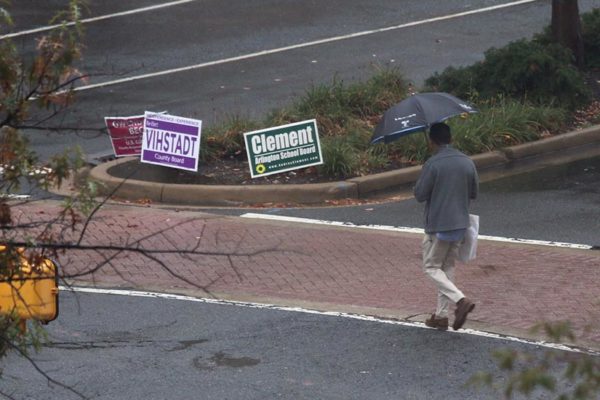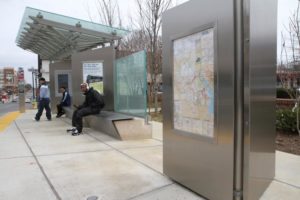 The Arlington County Board unanimously approved a $5 million loan and 19 years of free rent for Shirlington’s Signature Theatre at its meeting yesterday.
The Arlington County Board unanimously approved a $5 million loan and 19 years of free rent for Shirlington’s Signature Theatre at its meeting yesterday.
The decision came just hours after County Manager Barbara Donnellan recommended closing Rosslyn’s Artisphere next June. The County Board ultimately decided that the two arts organizations’ situations were different enough to begin a new investment as it acknowledged the failure of a previous one.
“Signature really is an Arlington treasure,” County Board Chair Jay Fisette said. “It reaches into our community and impacts our community in substantial ways.”
The theater will receive the loan at a low, 1 percent interest rate; it will no longer have to pay $411,000 in unpaid county taxes and fees; and $2.7 million of its $7.7 million debt to United Bank will be forgiven.
“Signature will pay back this loan in full and on time,” the theater’s managing director, Maggie Boland, told the Board. “We often joke that ‘hope is not a strategy’ at Signature. We don’t commit to a production plan that we can’t afford.”
Signature’s yearly debt payments will be reduced from more than $1 million to about $300,000, a difference that county Director of Management and Finance Michelle Cowen called “transformative.”
“It allows them to bulk up on their balance sheet, which is in poor shape,” Cowen said.
There were 11 speakers from the public, and eight of them spoke in support of the County Board’s action. Many of the supporters were either current or former members of the Signature in the Schools program, Shirlington business owners or those with active interests in the theater’s success.
“We believe Signature is vital to the overall success of Shirlington and the greater Arlington County community,” Ken Mosig, director of asset management for the Village at Shirlington’s parent company, Federal Realty Investment Trust, said. “Their programs attract people to the Village of Shirlington. Having Signature Theatre as an entertainment venue has helped bring 100,000 people to the area per year.”
Among the dissenters were Jim Hurysz and Tim Wise, two frequent County Board critics and opponents of government spending.
“Taxpayers who oppose public subsidies for the arts do not oppose the arts,” Wise said. “We just think the arts should pay for themselves.”
Board member Libby Garvey asked Boland why they couldn’t raise ticket prices to generate the additional revenue, needed, but Boland said that if the tickets were any more expensive, “that would be detrimental to our business.”
Although the County Board unanimously approved the loan — the money for which comes from FY 2014 closeout funds — several members indicated that this would be the last chance Signature has for county funding for some time.
“We don’t want to be here again,” Fisette said.
Photo via Signature Theatre website




